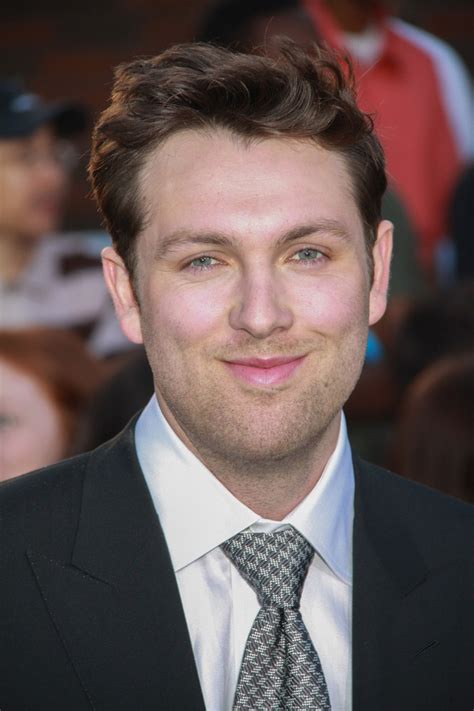A Quote by Karan Bajaj
Journeys become very good metaphors. They always have the character put into circumstances that reveal him. If I had based my characters in New York and had them just sitting and thinking about life, it would be like what contemporary U.S. fiction is about. That is very heavy, literally, for me. It doesn't become mainstream enough because the pages don't turn themselves.
Quote Topics
Related Quotes
In 1998, Vanity Fair asked me to write a big piece for them on the 50th anniversary of the New York City Ballet. My life, to a great extent, had been spent at and with the New York City Ballet, and I decided to try it. It was very scary, writing about something I loved so much and had such strong opinions about.
I couldn't allow myself to think about her very long; if I had I would have jumped off the bridge. It's strange. I had become so reconciled to this life without her, and yet if I thought about her only for a minute it was enough to pierce the bone and marrow of my contentment and shove me back again into the agonizing gutter of my wretched past.
Throughout my career, I had a lot of mentors, and I just adopted them. What I found is that, especially if you're young, when you go up to people and say, 'Would you mind being my mentor?,' their eyes widen. They literally step back. What they're thinking about is the commitment and time involved if they say yes. And time is something they don't have. So I would not ask them to be my mentor, but I would just start treating them like it. And that worked very well for me.
I've never written a fiction before about real people. . . . I read everything that I could find by people who met them and tried to get some impression of them, but as always when you write fiction, even if you have completely fictitious characters, you start by thinking of what is plausible, what would they say, what would they be likely to do, what would they be likely to think. At some point, if it is every going to come to life, the characters seem to take over and start speaking themselves, and it happened with [COPENHAGEN].
In my late 20s, I realized that I had a very clear social conscience and strong opinions about things like diversity, equality, and education, and while I tried to become more politically literate, I just couldn't catch on. It felt like I had walked into a movie that had already started, and no one would explain what had happened.
I had diverged, digressed, wandered, and become wild. I didn't embrace the word as my new name because it defined negative aspects of my circumstances or life, but because even in my darkest days—those very days in which I was naming myself—I saw the power of the darkness. Saw that, in fact, I had strayed and that I was a stray and that from the wild places my straying had brought me, I knew things I couldn't have known before.
Jon Krakauer had documented it very accurately and very well but this kid made a real impression on people, and likewise they on him. To talk to them was very moving in many cases because they talk about him like they saw him yesterday. In most cases they knew this kid for a couple of weeks in their whole life and he just lasted with them.
When I was 16 was just thinking about the future and - it sounds so stupid - but what my goal was going to be in life. I guess I was thinking about girls too. No girls liked me. That was bothering me. I was thinking about my height - I had a growth spurt right before high school and then that's when sports coaches started coming up to me, but that's when I had this artistic turn.
I'm drawn to write about upstate New York in the way in which a dreamer might have recurring dreams. My childhood and girlhood were spent in upstate New York, in the country north of Buffalo and West of Rochester. So this part of New York state is very familiar to me and, with its economic difficulties, has become emblematic of much of American life.
I wanted to be an actor ever since I was five. My grandparents - my mom's parents in New York - were stage actors. I think indirectly I wanted to do it because of them. My grandfather would tell me stories about Tennessee Williams and actors he worked with in New York. He had such a respect for acting and such a love for storytelling about that world. I grew up hearing him tell tales of it.They were never encouraging me or discouraging me to take part. They were always feeding me with theater.

































